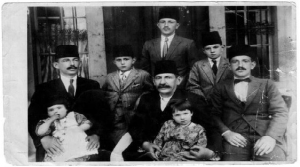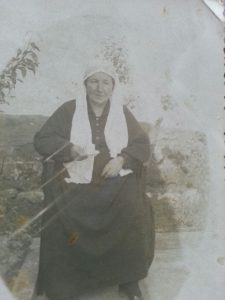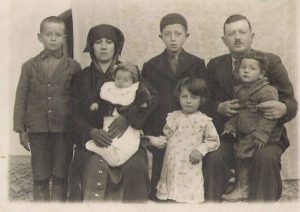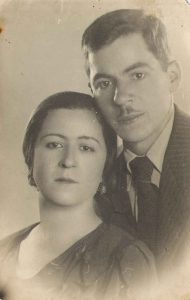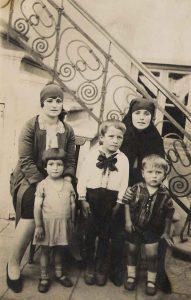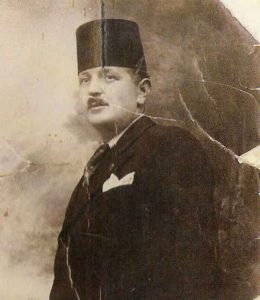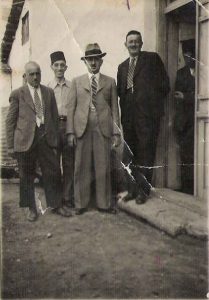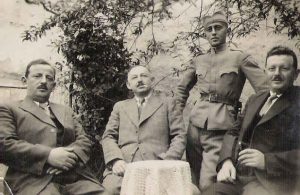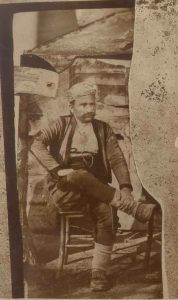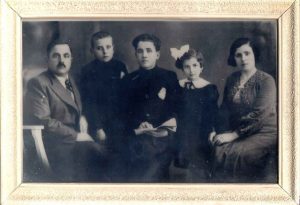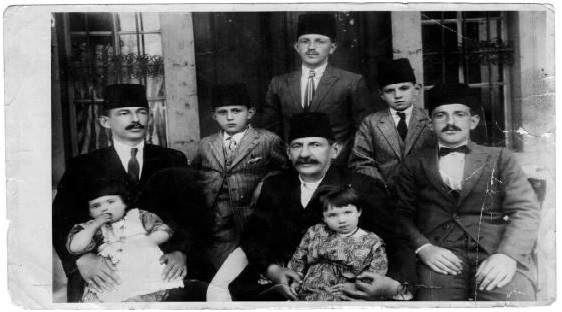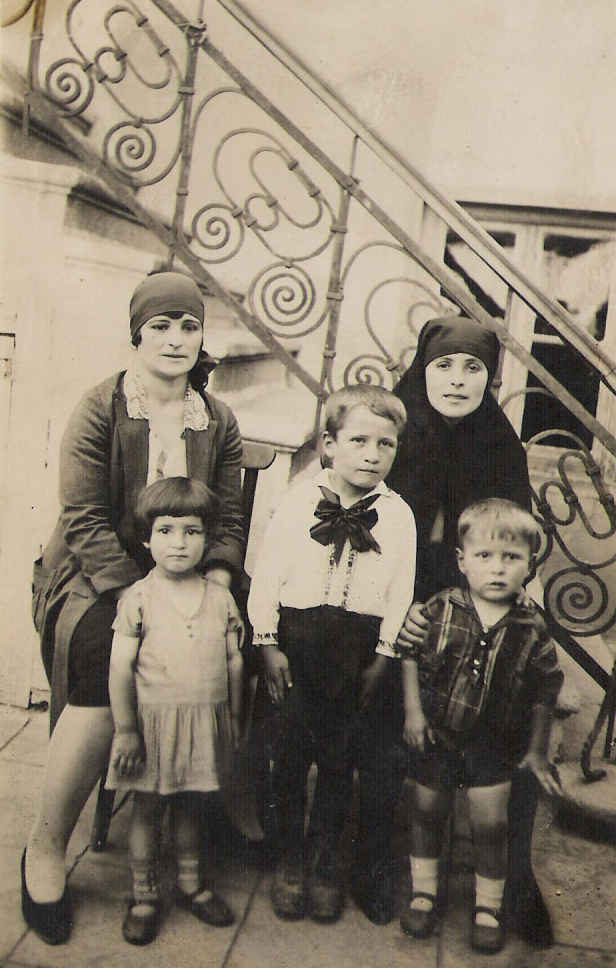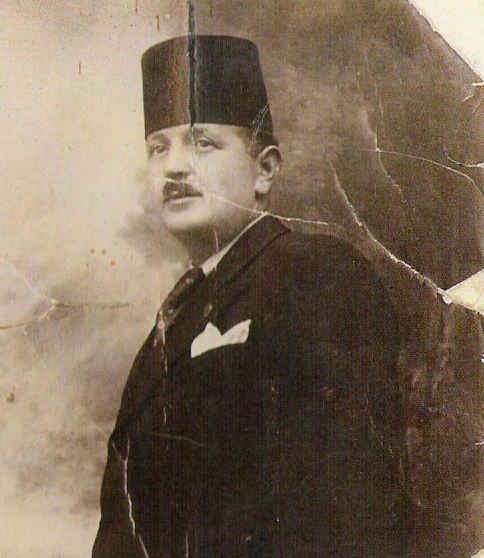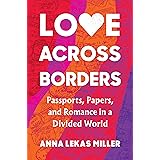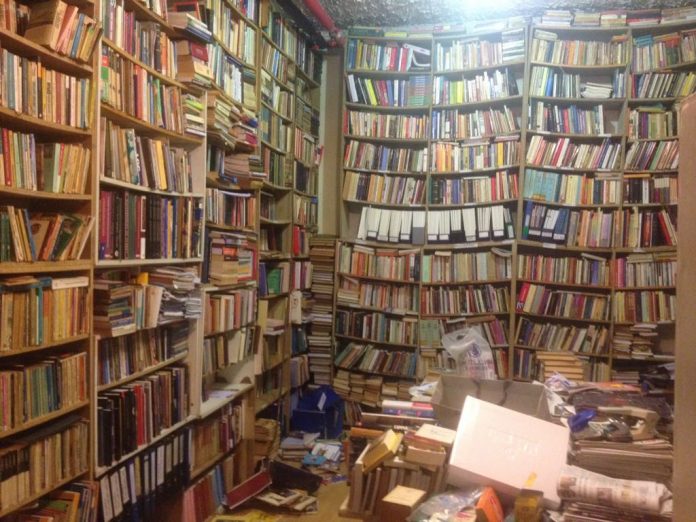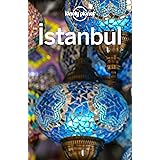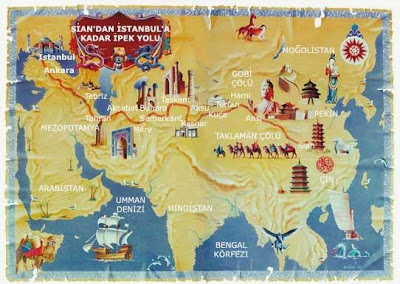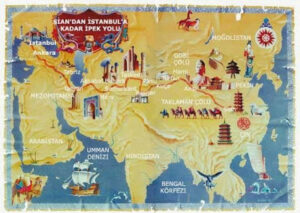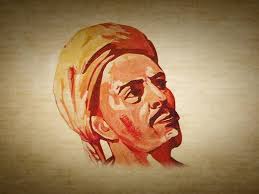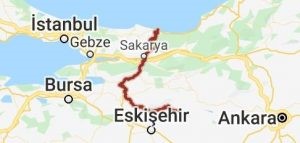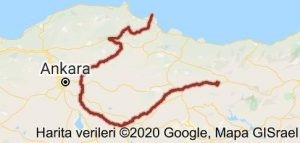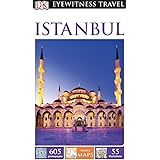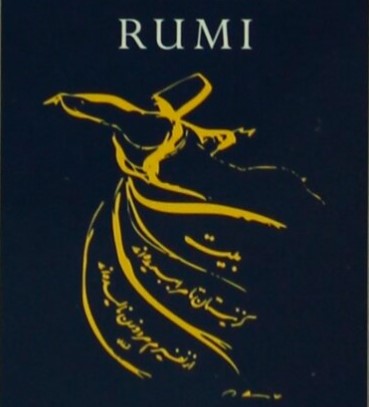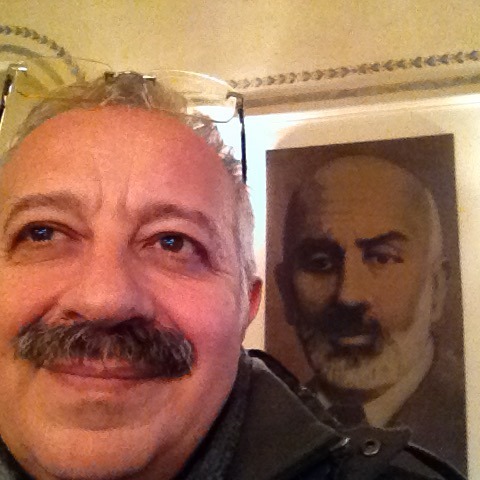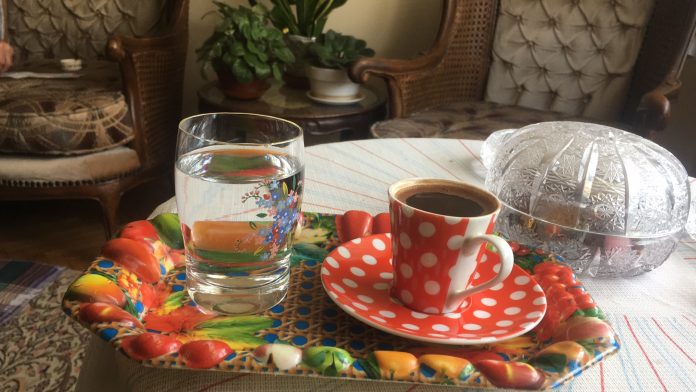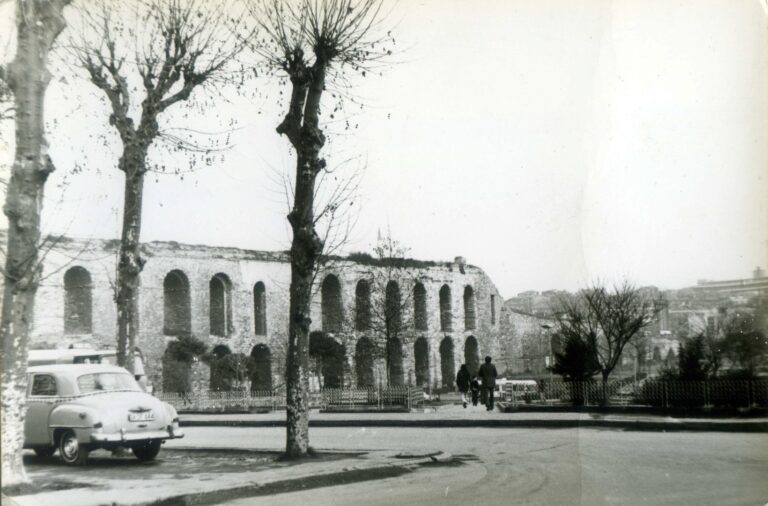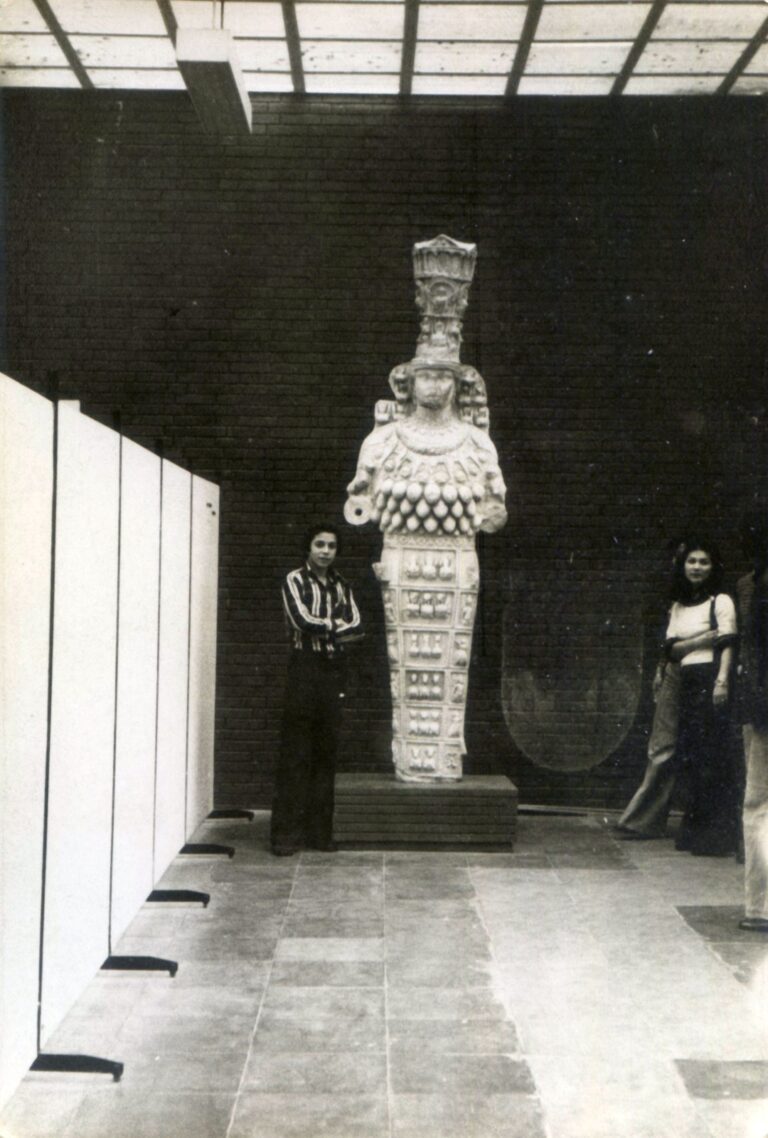Mevlana’s teaching of morality is a dynamic moral teaching that basically establishes an ontological relationship between “God”, “human” and “universe”, and defines this relation more by the concepts of “love“, “surrender” and “unity”.
According to Mevlana man has a great potential in terms of morality and spirituality which places the human being at the top of the pyramid of existence after Allah. As a matter of fact, Allah’s creation of the human being is to expose this given potentiality in order to become an expected ideal person.
This capable/grown/mature person has fulled all moral values to free himself from negative side of the physical self so that he can be pure in front of the God. By doing that, he empowers his spirit and heart to act consciously to become a dynamic moral person.
Moreover, he reached the Bezm-i Elest level by committing the moral and spiritual development and finally respected as “human“. Allah awarded human with eternal life and happiness because of human‘s concentration of Allah by eliminating physical self to gain superiority over his soul.
Thus, he managed to calm his spirit by loving Allah and getting rid of negative thoughts and replaced those thoughts with good feelings to expose beautiful qualities and virtues. Hence, this moral teaching is completely different from the traditional “virtue ethics” which focuses on “reason” and “will” rather than “morality” that focuses on “pleasure” and “benefit”. It is pertinent to name it as “heart or love morality” generated on “love“, “submission” and “unity of Allah” consciousness. Keywords: Mevlana, Moral, Human, Soul, Self, Mind, Love, Heart
The study first focuses on the factors that led to Muhammad Iqbal’s being influenced by Mevlana. The family, in which Muhammad Iqbal grown up, is the first factor that enabled Iqbal to recognize and love Mevlana, and be inspired by him. Another factor is the similarity of conditions during the time periods in which Mevlana and Iqbal lived.
In the last part of the study, Mevlana’s influence on Muhammed Iqbal’s philosophy of self was investigated. The philosophy of Muhammad Iqbal is based on the idea of self. According to Iqbal, the greatest aim of human being should be to know, educate, and strengthen himself and to rise it to the level of perfect human.
The self must first be educated through the stages of obedience, self-control, and regency. The self must be strengthened after it is educated. Love, poverty, tolerance, and achieving a divine purpose are the most important elements that strengthen the self. In addition, it is also significant to cope with the things that weaken the self such as fear, laziness, begging, and racism.
Therefore, human beings should avoid these elements. After these stages, the human being finds himself and achieves his real value by reaching the level of perfect human which is called by Muhammad Iqbal as “Faithful Man” Key Words: Muhammad Iqbal, Mevlana, Philosophy of Self, Insan-ı Kamil (Perfect Human Being), Muhammad Iqbal Poems.
Hz. Mevlâna has been an important guide for the ages to people who have lived their inner journeys with his wisdom, eternal love for the creator, unconditional surrender, world and beyond vision and tolerance.
To love the creature is because of the creator, to see, to hear and to feel the creator in every creature. The basis is Allah, love of Allah. Hz. Mevlana has formed by this love, shared the answers he reached, become a light in their inner journeys to mankind, guided them by his teachings, embraced everyone with his wide tolerance and thus became the source of the Mevlevi philosophy.
After his death, by those who followed him, the Mevlevi philosophy has been based on a systematic structure with procedures and rules, music and ceremony.
If we consider this system as a whole, there are symbolized deep meanings of every movement, every dress that is worn, from the head movements to the footsteps, from the position of the hands to the turns.
This philosophy which is the love on its basis, which attracts curiosities, has spread to other lands from tongue to tongue, ear to ear, heart to heart and culture to culture.
Western artists ‘who came to explore the Ottoman culture with both the personal curiosity and various entrusting by their countries’ used important events that will shed light on the history, eastern mysticism, structures, natural beauties, ancient cities, daily life and people in their artworks which were used on lots of important sources.
What comes out of all these books is a great Eastern sage who has dialectically assimilated the creations of a multicolored world of thought, spanning an enormous geography from the Greek of the west to Iran and India of the east.
Throughout his life, Ozan and the philosopher Mevlâna defended the freedom of the human spirit against the yoke of religious dogmas, during the period of the Crusades and the rise of fanaticism, that all human beings are equal regardless of language, religion and race, and the supremacy of the being called human.
We just tried to write a biography here. In a period when human life was not of any importance, our poet had a relatively good life. But the history of his intellectual pursuits and the fate of his legacy is full of bitter tragism.
The reactionary clergy, who exploited the religious clothes that the bard dressed in his thoughts, interpreted even his most humanist poems with an incredible bigotry.
Some people, who did not believe in miracles other than “the miracles of the human heart”, entered the race to make up a life story after his death, made him a “nation of religion”, “holy person”, “sainted”, “saint”.
Besides Nay and Sama, there are other key symbols related to art, such as mirror, beauty, and love, by virtue of which Mawlana conveys his conception of Truth.
All these symbols and others, along with the Names and Attributes of God, which have been discussed in details in the thesis, appear to serve for Mawlana, not only as a means of communicating his view of Truth, but also for elaborating his spiritual and ethical teachings.
Art for him, as demonstrated in our work, can only be a vehicle or a tool for human being to witness and appreciate all the beautiful manifestations of God’s Names and Attributes and then try to perfect himself/herself morally and spiritually by assuming God’s traits and qualities in his/her life conduct. Keywords: Mevlana, Art, Truth, Beautiful, Human.
The epistemological problems such as how and where to acquire knowledge and criterions of acquiring knowledge have been tackled from various perspectives throughout history. The epistemology of Rumi, an important figure of Islamic mysticism, is worth exploring in this sense.
Different studies have been conducted regarding Rumi’s criticism regarding reason, philosophers and philosophy. In this study, the ideas of Rumi on reason, love and knowledge will be elaborated with their backgrounds.
The third chapter regard the ideas of Rumi concerning love and reason, his epistemological criticism of reason and philosophy and the place and the value of love. Rumi’s perception of reason as an epistemological ability is negative.
His suggestion in this sense is to replace it with love and this claim is discussed throughout the study from different aspects. Key Words: Rumi, Human, Philosophy, Metaphysics, Love, Reason, Knowledge.
In the second part of the thesis, popular works written about Mevlana have been evaluated according to sufism discipline and teachings of Mevlana. In our thesis has been concluded that Mevlana is understood differently from sufism tradition and is perceived as an universal phenomenon and a humanist character.
This research is also an example of a research that brings to the forefront the effects and contributions of Mevlana’s unique humanism and his Islamic leadership to the Turkish-Islam synthesis, formed by the blending of Islamization and Turkization processes.
Mevlâna Celâleddin Rûmi is one of the architects of the society who has left his mark on his period and today; illuminated the society and contributed to the future at certain turning points in which the foundations of our actual culture were laid.
Of course, as we will see, Mevlana and Sufism understanding are indispensable cults. Embracing the people around him without any distinction helped him to bring the people around him together under the same roof and to adopt a humanist idea from the same point of view.
While doing so, he gave the people free rein and never let their freedom and independence be embargoed. Assuming that being dependent is not being free, he never let the people adopt this persecution.
There is a connection between the mentor and follower; not a dependency. And it is love. He is a sage putting forward best the idea of “If there is no revolt against persecution; you cannot believe in the Qur’an.”
In addition, we confirm that the Turkish nation living in Anatolia displays a tremendousexample of leadership by ensuring Islam to spread in a simple way without a major transformation of the cultural and socio-economic life. Key Words: Mevlana, Anatolia, Turkization, Islamization, Sufizm/Mevlevilik
Mevlâna is an important Sufi scholar born in the city of Belh of Horasan. Although he was born in Horasan, it has been an important research topic both in Turkey and abroad.
Mevlâna’s perspective on humanity, his contribution to humanism, his ideas on how to reach creativity affected not only the Islamic geography, but all other nations as well.
Mevlâna, which has many works, is especially known for his work called Mesnevî. In Mesnevî there is a lot of information that will lead a person to the right path.
The two basic concepts that Mesnevî refers to are mind and heart. The mind belongs to the human spirit, and the heart belongs to the human spirit.
- rumi quotes wherever you are whatever do be love wisdom
- Wherever you are, and whatever you do, be in love. Rumi
- Love is the bridge between you and everything. Rumi
- The whole universe is contained within a single human being – you.
If I love myself, I love you. If I love you, I love myself
- Let the beauty we love be what we do.
- Your task is not to seek for love, but merely to seek and find all the barriers within yourself that you have built against it.
- Let your teacher be love
- Laugh as much as you breathe. Love as long as you live.
- Be drunk with love, for love is all that exists.
- Be soulful. Be kind. Be in love.
- Let us carve gems out of our stony hearts and let them light our path to love.
- Love sometimes wants to do us a great favor: hold us upside down and shake all the nonsense out.
- Lovers have heartaches that can’t be cured by drugs or sleep, or games, but only by seeing their belove
- rumi quotes this turning toward what you deeply love saves wisdom bench sitting water
- This turning toward what you deeply love saves you.
- Discard yourself and thereby regain yourself. Spread the trap of humility and ensnare love.
- Wisdom tells us we are not worthy; love tells us we are. My life flows between the two.
- Gamble everything for love, if you are a true human Halfheartedness does not reach into majesty!
- Anything which is more than our necessity is poison. It may be power, wealth, hunger, ego, greed, laziness, love, ambition, hate or anything.
- In their seeking, wisdom and madness are one and the same. On the path of love, friend and stranger are one and the same.
- Two there are who are never satisfied – the lover of the world and the lover of knowledge.
- Love risks everything and asks for nothing.
- Lovers don’t finally meet somewhere. They’re in each other all along.
- You have within you more love than you could ever understand.
- When you seek love with all your heart you shall find its echo in the universe.
- If you want to win hearts, sow the seeds of Love. If you want heaven, stop scattering thorns on the road.
- This is love: to fly toward a secret sky, to cause a hundred veils to fall each moment. First to let go of life. Finally, to take a step without feet.
- The minute I heard my first love story I started looking for you, not knowing how blind that was. Lovers don’t finally meet somewhere. They’re in each other all along.
- Goodbyes are only for those who love with their eyes. Because for those who love with heart and soul there is no such thing as separation.
- There is no salvation for the soul but to fall in love. Only lovers can escape out of these two worlds.
- This is what love does and continues to do. It tastes like honey to adults and milk to children.
- I once had a thousand desires. But in my one desire to know you all else melted away.
- I have no companion but Love, no beginning, no end, no dawn. The soul calls from within me: ‘You, ignorant of the way of Love, set me free.’
- On the path of love we are neither masters nor the owners of our lives. We are only a brush in the hand of the master painter.
- Whatever happens, just keep smiling and lose yourself in love.
- This sky where we live is no place to lose your wings so love, love, love.
- A thousand half-loves must be forsaken to take one whole heart home.
- Why ever talk of miracles when you are destined to become infinite love.
- If you love someone, you are always joined with them – in joy, in absence, in solitude, in strife.
- This is a subtle truth. Whatever you love, you are.
- Let yourself be drawn by the stronger pull of that which you truly love.
- Every moment is made glorious by the light of love.
- Now I am sober and there’s only the hangover and the memory of love.
- Travel brings power and love back into your life.
- Come out of the circle of time and into the circle of love.
- This being human is a guest house. Every morning is a new arrival. A joy, a depression, a meanness, some momentary awareness comes as an unexpected visitor… Welcome and entertain them all. Treat each guest honorably. The dark thought, the shame, the malice, meet them at the door laughing, and invite them in. Be grateful for whoever comes, because each has been sent as a guide from beyond.
- The illuminated life can happen now, in the moments left. Die to your ego, and become a true human
- If destiny comes to help you, love will come to meet you. A life without love isn’t a life.
- Be a helpful friend, and you will become a green tree with always new fruit, always deeper journeys into love.
- With life as short as a half-taken breath, don’t plant anything but love.
- I am a child whose teacher is love surely my master won’t let me grow to be a fool.
- Grief can be the garden of compassion. If you keep your heart open through everything, your pain can become your greatest ally in your life’s search for love and wisdom.
- Thankfulness brings you to the place where the beloved lives.
- Whoever finds love beneath hurt and grief disappears into emptiness with a thousand new disguises.
- Stop, open up, surrender the beloved blind silence. Stay there until you see you’re looking at the light with infinite eyes.
- When all your desires are distilled; You will cast just two votes – to love more, and be happy.
- There is one way of breathing that is shameful and constricted. Then, there’s another way: a breath of love that takes you all the way to infinity.
- Everything that is made beautiful and fair and lovely is made for the eye of one who sees.
- You have forgotten the One who doesn’t care about ownership, who doesn’t try to turn a profit from every human
- Without love, all worship is a burden, all dancing is a chore, all music is mere noise.
- In your light I learn how to love. In your beauty, how to make poems. You dance inside my chest where no-one sees you, but sometimes I do, and that sight becomes this art.
- There is a moon inside every human Learn to be companions with it.
- Love is the water of life, jump into this water.
- Dance, and make joyous the love around you. Dance, and your veils which hide the Light shall swirl in a heap at your feet.
- Those who don’t feel this love pulling them like a river, those who don’t drink dawn like a cup of springwater or take in sunset like a supper, those who don’t want to change, let them sleep.
- Would you become a pilgrim on the road of love? The first condition is that you make yourself humble as dust and ashes.
- Love is the water of life. Everything other than love for the most beautiful God is agony of the spirit, though it be sugar-eating. What is agony of the spirit? To advance toward death without seizing hold of the water of life.
- If in thirst you drink water from a cup, you see God in it. Those who are not in love with God will see only their own faces in it.
- The power of love came into me,
- I choose to love you in silence, for in silence I find no rejection.
- I choose to love you in loneliness, for in loneliness no one owns you but me.
- Love came and became like blood in my body.
- for your love to wake.
- for this thing called love,
- I love you Rumi. You are the soul I have been seeking. Thank you for blessing me with your wisdom.
- It is not impossible for us to live a life of love. To live a life with grace and true happiness, it is required. rd
Description of Love
A true lover is proved such by his pain of heart;
No sickness is there like sickness of heart.
The lover’s ailment is different from all ailments;
Love is the astrolabe of God‘s mysteries.
A lover may hanker after this love or that love,
But at the last he is drawn to the KING of love.
However much we describe and explain love,
When we fall in love we are ashamed of our words.
Explanation by the tongue makes most things clear,
But love unexplained is clearer.
When pen hasted to write,
On reaching the subject of love it split in twain.
When the discourse touched on the matter of love,
Pen was broken and paper torn.
In explaining it Reason sticks fast, as an ass in mire;
Naught but Love itself can explain love and lovers!
None but the sun can display the sun,
If you would see it displayed, turn not away from it.
Shadows, indeed, may indicate the sun’s presence,
But only the sun displays the light of life.
Shadows induce slumber, like evening talks,
But when the sun arises the “moon is split asunder.”
In the world there is naught so wondrous as the sun,
But the Sun of the soul sets not and has no yesterday.
Though the material sun is unique and single,
We can conceive similar suns like to it.
But the Sun of the soul, beyond this firmament,
No like thereof is seen in concrete or abstract.
Where is there room in conception for His essence,
So that similitudes of HIM should be conceivable?
In Love
In love, aside from sipping the wine of timelessness,
nothing else exists.
There is no reason for living except for giving one’s life.
I said, “First I know you, then I die.”
He said, “For the one who knows Me, there is no dying.”
- LOVE HAS NOTHING TO DO WITH THE FIVE SENSES
Love has nothing to do with
the five senses and the six directions:
its goal is only to experience
the attraction exerted by the Beloved.
Afterwards, perhaps, permission
will come from God:
the secrets that ought to be told with be told
with an eloquence nearer to the understanding
that these subtle confusing allusions.
The secret is partner with none
but the knower of the secret:
in the skeptic’s ear
the secret is no secret at all.
- LOVE IS THE WATER OF LIFE
- Everything other than love for the most beautiful God
though it be sugar- eating.
What is agony of the spirit?
To advance toward death without seizing
hold of the Water of Life.
THIS IS LOVE
This is love: to fly toward a secret sky,
to cause a hundred veils to fall each moment.
First, to let go of live.
In the end, to take a step without feet;
to regard this world as invisible,
and to disregard what appears to be the self.
Heart, I said, what a gift it has been
to enter this circle of lovers,
to see beyond seeing itself,
to reach and feel within the breast.
